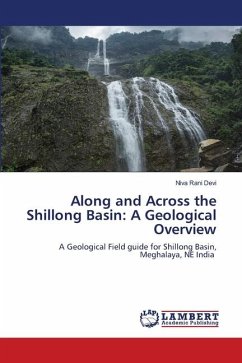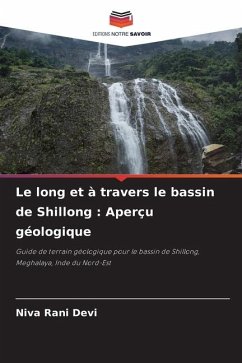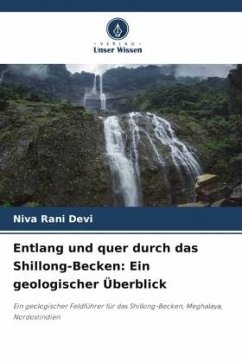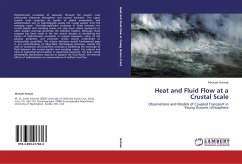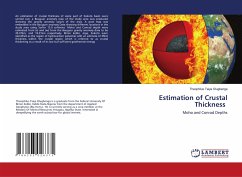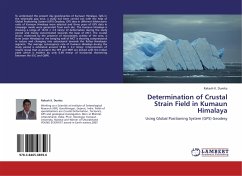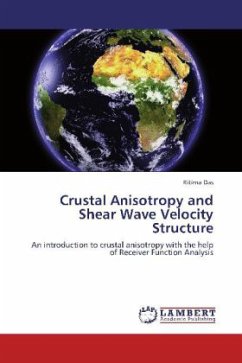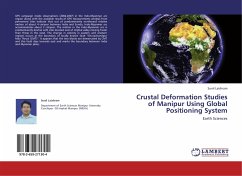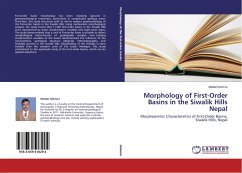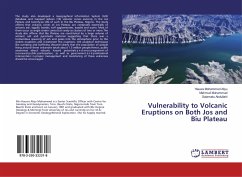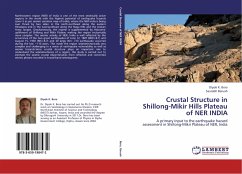
Crustal Structure in Shillong-Mikir Hills Plateau of NER INDIA
A primary input to the earthquake hazard assessment in Shillong-Mikir Plateau of NER, India
Versandkostenfrei!
Versandfertig in 6-10 Tagen
39,99 €
inkl. MwSt.

PAYBACK Punkte
20 °P sammeln!
Northeastern region (NER) of India is one of the most seismically active regions in the world with the highest potential of earthquake hazards (zone V as per seismic zonation map of India), where the NER India is being over thrust by two sides: in the north-northeast along the eastern Himalayas and in the east-southeast along the Naga Hills and the Arakan Yoma ranges. Simultaneously, the regime is supplemented by Holocene upliftment of Shillong and Mikir Plateau making the region tectonically more complex. The seismic activity of NER, India is well reflected by the occurrence of the two great ...
Northeastern region (NER) of India is one of the most seismically active regions in the world with the highest potential of earthquake hazards (zone V as per seismic zonation map of India), where the NER India is being over thrust by two sides: in the north-northeast along the eastern Himalayas and in the east-southeast along the Naga Hills and the Arakan Yoma ranges. Simultaneously, the regime is supplemented by Holocene upliftment of Shillong and Mikir Plateau making the region tectonically more complex. The seismic activity of NER, India is well reflected by the occurrence of the two great earthquakes of June 12, 1897 (MW=8.1) and August 15, 1950 (MS=8.7) and 20 large (M 7.0) earthquake occurred during the last ~110 years. This made the region seismotectonically very complex and challenging in a sense of earthquake vulnerability as well as seismic hazards.Since crustal structure plays an important role to understand the seismotectonics of a region, this study is carried out toestimate the seismic crustal discontinuities from reflected and converted seismic phases recorded in broad-band seismograms.



